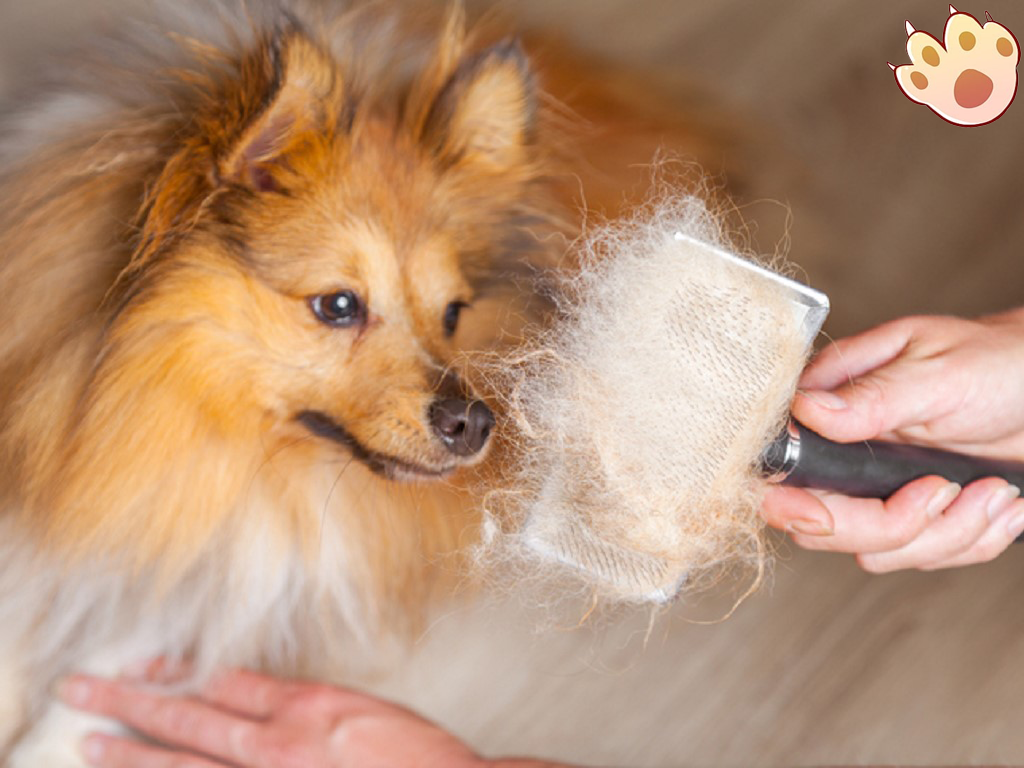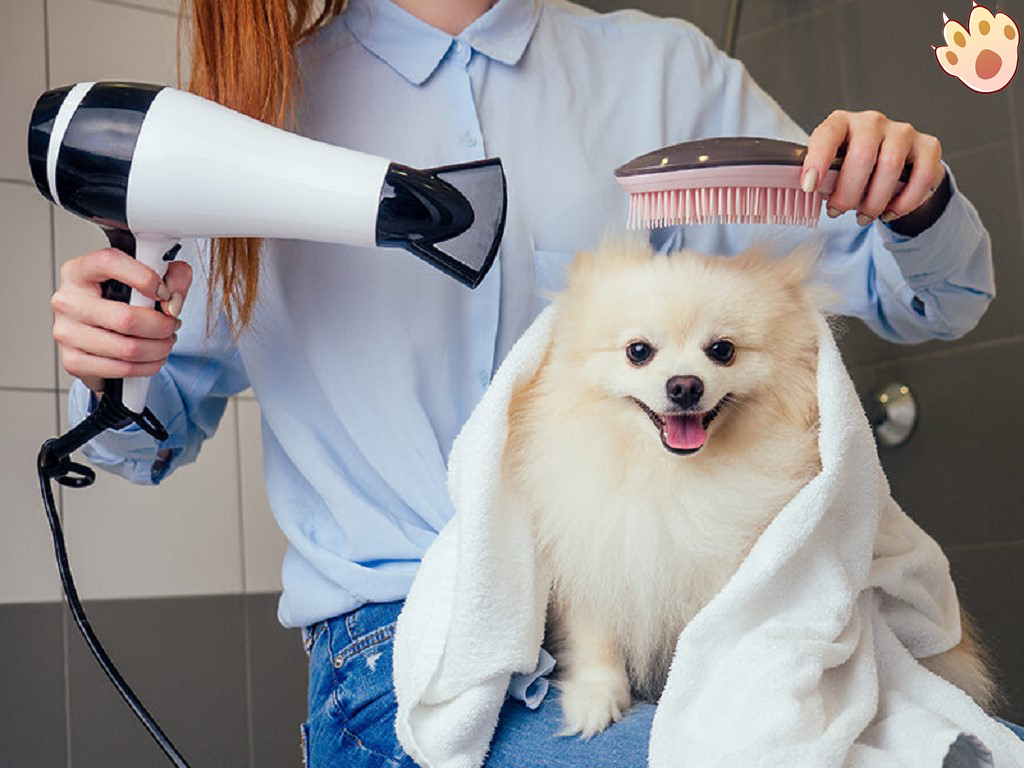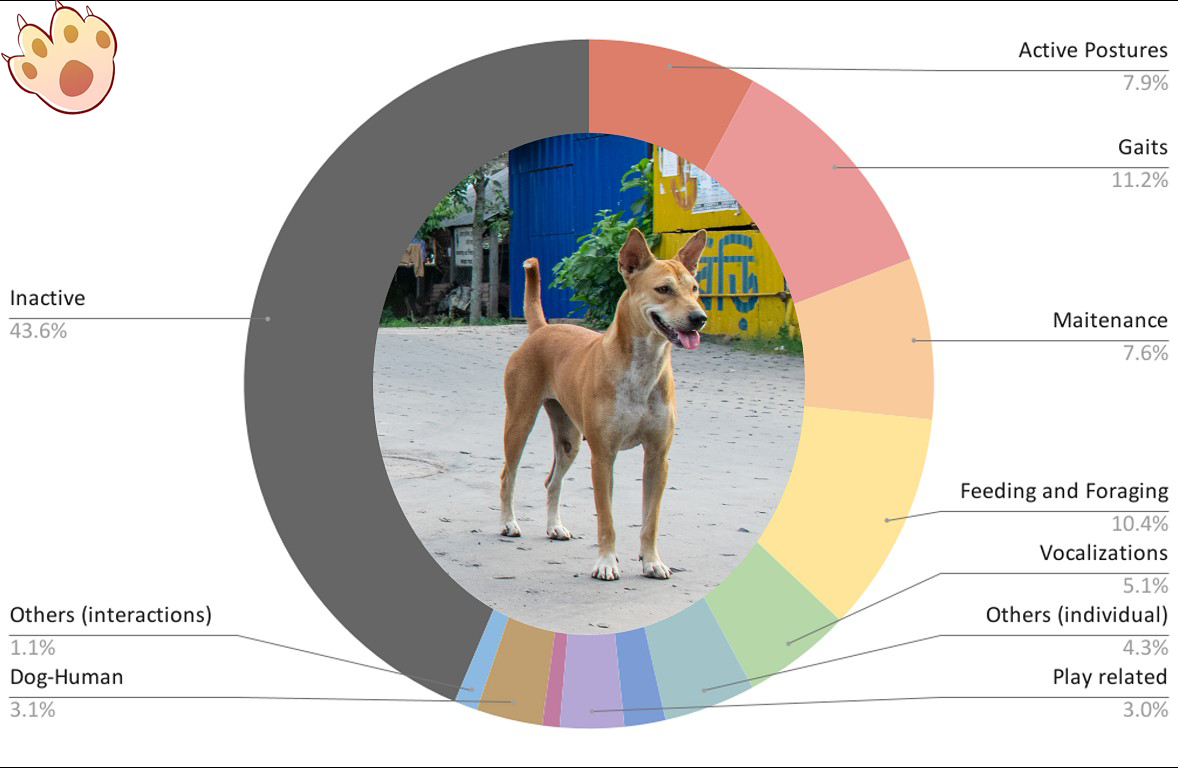
For any family, it is an important descion for selecting a right dog breed. Because a well-matched dog can not only bring joy and companionship, but also enrich your family life. Therefore, it requires careful consideration to select a right dog breed that match your family’s age range, activity level, and existing pets. This article will guide you through these factors to help you choose the ideal dog breed for your family. You need to consider the following:
This video is owned by the original creator on YouTube and is embedded in compliance with YouTube's Terms of Service. Our website provides independent commentary and analysis.
1.Space
For choosing right dog breed for your family, space is one of the most critical—and often overlooked factors. The first reason is that dogs need room and place to play, especially for active and large breeds, such as Labradors, German Shepherds, or Border Collies. If there is no enough room, they can become bored, frustrated, and even destructive.
Apartment or house living is the second reason. For some small dog breeds, such as French Bulldogs, Pugs, or Cavalier King Charles Spaniels, adapt well to apartment life due to their small size and lower energy levels. While for large or more energetic dog breeds, they may feel cramped or stressed in tight indoor spaces.
The third reason is peace and comfort, like humans, dogs enjoy having their own space to relax. Cramped environments can lead to anxiety or behavioral issues. If your dogs fit comfortably in your living area, your dogs are more likely to be calm and content.

2.Pure-breed or Cross-breed
Another factor that will influence your decision may be between a purebred or mixed dog breed. Because some people choose purebred dogs for their distinct appearance, breed traits, or to take part in dog shows. While, other people prefer mixed breed, because they have unique personality and appearance, lower risk of genetic health issues, and are more more affordable.
No matter which type of dog breed you prefer, each comes with its own set of pros and cons.
For pure dog breed, you can more easily know their general physical characteristics, such as size. Besides that, you are likely to be familiar with common behavioral patterns, including personality and temperament. While, purebred may meet greater risk of genetic health problems. And as we all know, purebred are more expesnsive than mixed breed.
For mixed dog breed, just as the above we mentioned, they have less risk of genetic health problems, and are more cheaper (especialyly for adoption dogs). In addition, you can own desirable qualities of more than one breed, such as size, temperament, personality. Meanwhile, mixed dog breed also have disadvantages. On one hand, it's often difficult to know exactly how big they’ll grow or what temperament and behavior to expect. On the other hand, they may have unclear medical histories or hidden genetic conditions that aren't easy to predict or screen for.

3.Family Activity Levels
Family’s daily energy and activity levels play a major role in determining which dog breed will be the best fit for your home. If your family enjoys hiking, jogging, or spending lots of time outdoors, high-energy breeds are best decision. You can choose from Border Collie, Labrador Retriever, Australian Shepherd, Siberian Husky or Vizsla.
While, for families who enjoy regular walks, weekend outings, or playtime in the yard, moderate-nergy breeds are a great match. Breeds such as Golden Retriever, Cocker Spaniel, Beagle, Bulldog or Standard Poodle, they enjoy activity but are also happy to relax indoors with the family.
And if your family leads a more relaxed, indoor lifestyle, low-energy dog breeds are your best choice. Because they are content with short walks and cozy time at home. You can choose from Basset Hound, Shih Tzu, Cavalier King Charles Spaniel, French Bulldog or Chihuahua.

4.Allergies and Shedding
Allergies often play a significant role in a family's decision to get a dog. If someone in your family who is prone to allergies, hypoallergenic breeds that don’t shed much are an excellent choice. Here are some well-known breeds considered hypoallergenic: Poodle, Bichon Frise, Maltese, Portuguese Water Dog, Schnauzer, Lagotto Romagnolo, Yorkshire Terrier, Basenji, and so on.

5.Grooming and Maintenance
When selecting the perfect dog for your family, grooming and maintenance needs are just as important as temperament and activity level. The reason is that some dogs require regular trimming, bathing and brushing, while others have low-maintenance coats.
For high-maintenance dog breeds, they often require professional grooming, frequent brushing, and more time devoted to coat care. Breeds such as Poodle, Shih Tzu, Afghan Hound, Bichon Frise, or Cocker Spaniel, they need you to invest more time and money into regular grooming.
While for low-maintenance breeds, they shed less or have shorter coats, so that they just need minimal grooming and infrequent bathing. Thereofre, for busy households or first-time dog owners who prefer a lower-effort grooming routine, breeds like Beagle, Boxer, Doberman Pinscher, Chihuahua and Greyhound are best choice.

6.Time and Budget
When bringing a dog into your home, it's important to think beyond just personality and appearance. Your available time and financial resources play a huge role in deciding which breed is the right for your family. Because different breeds have different needs when it comes to time, attention, and training. For example, breeds such as Border Collie, Australian Shepherd, Belgian Malinois and German Shepherd, require lots of interaction, mental stimulation, and training. If you do not have enough, they may develop behavioral issues. While for breeds like Greyhound, French Bulldog, Boston Terrier and Shih Tzu, they are more independent and adapt well to families with busier lifestyles.
In addition, getting a dog comes with recurring costs such as food, grooming, medical care, and more. If you want to own a breed such as English Bulldog, Great Dane, Poodle or Chow Chow, you need to bear higher vet bills, grooming expenses, and food costs. However, if you get a Beagle, Dachshund, Labrador Retriever or a Mixed Breed, it means you just need low-maintenance and lower cost on feeding and grooming.

Finding the right dog breed for your family is a thoughtful decision. Therefore, when you make choice, you need to consider various factors, such as your space, activity levels, time, budget and so on. The right dog will not only fit into your lifestyle but will also enrich your family’s life with love, joy, and companionship for years to come.
2018-2026 © PupsLover.All Rights Reserved.